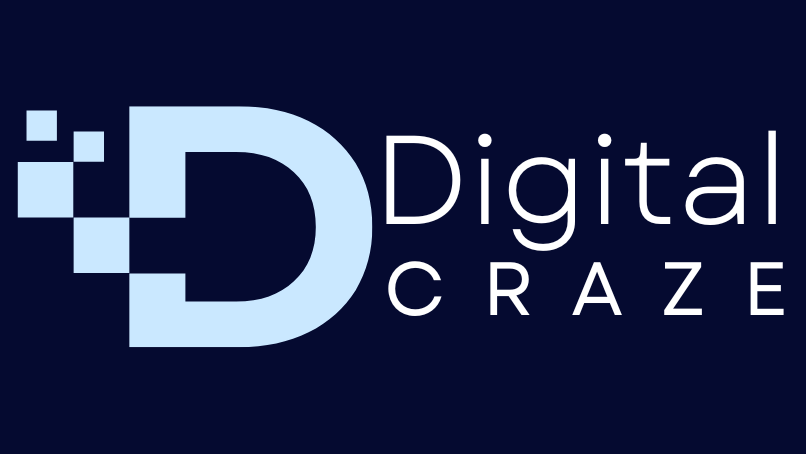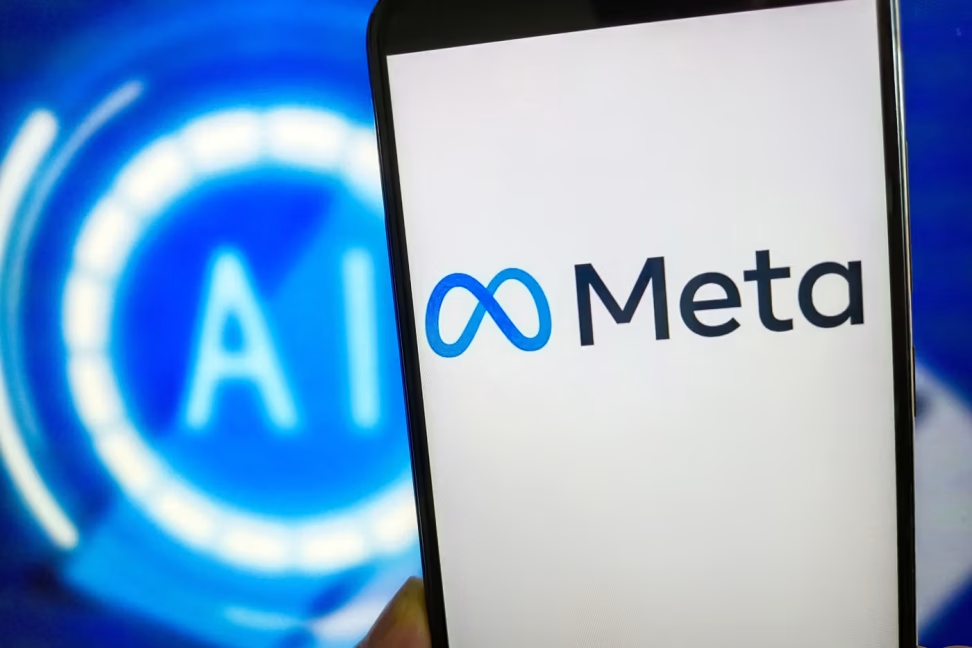Meta has introduced groundbreaking AI-powered video editing tools for Facebook and Instagram, revolutionizing digital content creation. These advanced features, initially available to advertisers, showcase Meta’s commitment to pushing the boundaries of artificial intelligence in social media content.
AI-Powered Video Generation
At the core of Meta’s new offering is the impressive Gen Video tool, which can generate video content from a single image. This technology can animate static images, transforming simple photographs into captivating animations. For example, a photo of a marmalade jar surrounded by strawberries can become an animation where the strawberries float around the jar.Another notable feature is the ability to expand existing videos. By generating “invisible pixels” in each frame, the AI can increase the video’s size, similar to how AI photo editing tools enlarge image backgrounds.
Rollout and Implications
Meta plans to introduce these tools gradually, with a broader release expected over the next year. While initially targeted at advertisers, the potential applications extend beyond marketing.As AI-powered tools become more accessible, they have the potential to democratize video production. However, this also raises questions about authenticity and transparency in digital content.
AI in Advertising: A Growing Trend
Meta’s move is part of a broader trend in the tech industry. Amazon recently introduced an AI-based tool that creates video clips from product photos, while TikTok is experimenting with AI-generated avatars in its advertising offerings.
The Future of Content Creation
As AI evolves, we can expect more sophisticated tools to emerge, potentially enabling:
- Real-time video editing during live streams or video calls
- Personalized content generation based on user preferences
- Automatic adaptation of video content for different social media platforms
Challenges and Opportunities
While the potential of AI in video creation is immense, it also presents several challenges:
- Distinguishing between authentic and artificially created media may become increasingly difficult
- The rise of AI in content creation may lead to a shift in creative jobs
- Ensuring privacy and ethical use of data will be crucial as these technologies become more widespread
Conclusion
Meta’s introduction of AI-powered video editing tools marks a significant milestone in the evolution of digital content creation. As these technologies develop and become more accessible, we can expect a transformation in how we produce, consume, and interact with video content across social media platforms.The future of content creation is undoubtedly intertwined with artificial intelligence, and Meta’s latest offerings are just the beginning. Moving forward, it will be crucial to balance the creative possibilities these tools offer with ethical considerations and the preservation of authentic human creativity.





